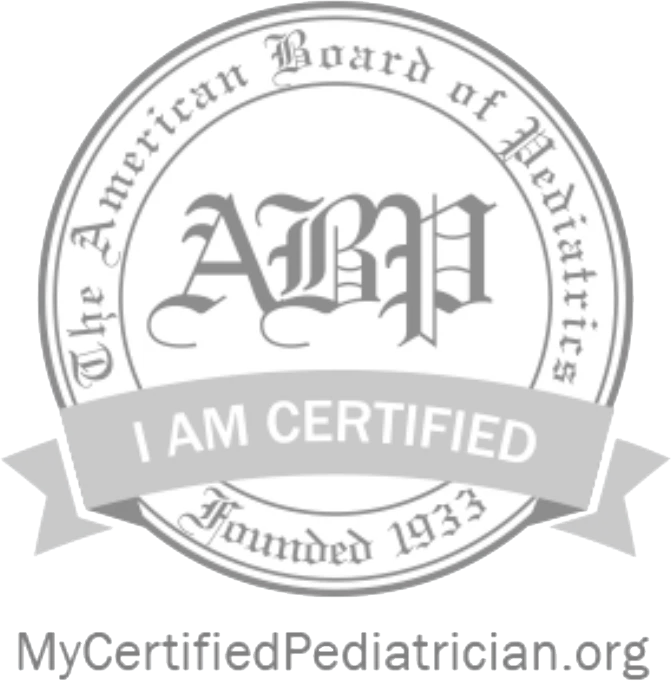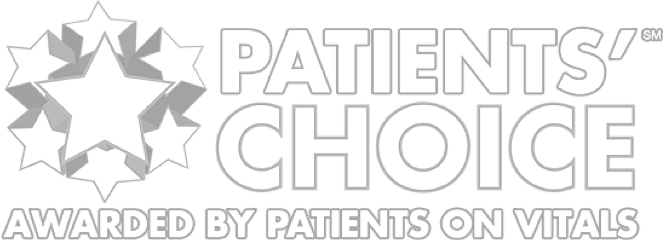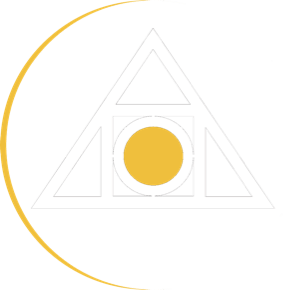Vision & Hearing
It is important to make sure your child can see and hear appropriately. Abnormalities of these two senses could potentially lead to developmental delays later in life. Read below to find out about how we are able to screen your child!
Vision screening
Vision screening is an important part of making sure the eyes work properly. Your child’s pediatrician can perform an eye exam during checkups to look for any diseases. In fact, the American Academy of Pediatrics and the American Academy of Ophthalmology recommend that your pediatrician checks children’s eyes at various points in their lives. The newborn period is an important time to check for conditions like cataracts and glaucoma. By the age of 12 months, a vision screening device is used to detect conditions such as farsightedness, nearsightedness, astigmatism, unequal pupil size, and eye misalignment. These conditions can result in amblyopia, also known as lazy eye, in which the brain fails to process input from one eye and can result in decreased vision or blindness in that eye. At Over the Moon Pediatrics, we use a device called the Plusoptix vision screener to check the eyes of our patients yearly starting at the age of 1 until the age of 5. At 5 years and older, the eyes should be checked annually. These are all performed at your child’s checkups.
Hearing screening
If your child suffers from hearing loss, this could have significant consequences on your child’s speech. As a newborn, your child will undergo a hearing screen in the hospital before going home. Once your child is able to cooperate with a hearing test (usually starting at the age of 4 or 5), we perform a hearing screen at each checkup. Temporary hearing loss can occur when your child has an accumulation of fluid in the middle ear. This can be the result of allergies, colds, or ear infections. Normal hearing usually resumes once all the fluid has drained into the back of the throat. However, dysfunctional fluid drainage or recurrent infections can lead to prolonged hearing loss, which can then result in speech and language delays. Nerve deafness usually occurs around birth and is usually related to a family history of deafness or an infection mom had while she was pregnant. If you have concerns about your child’s ability to hear, (s)he might require a referral to an audiologist and an ENT specialist.
SYMPTOM CHECKER
If your child is feeling unwell, you can use our symptom checker to gain a better understanding of what could potentially be happening. Our symptom checker provides you access to over 100 symptoms to ensure you know when to bring your child to the office to be seen by a physician. If you have any questions regarding the symptom checker or your child’s health, don’t hesitate to contact our offices to schedule an appointment.









